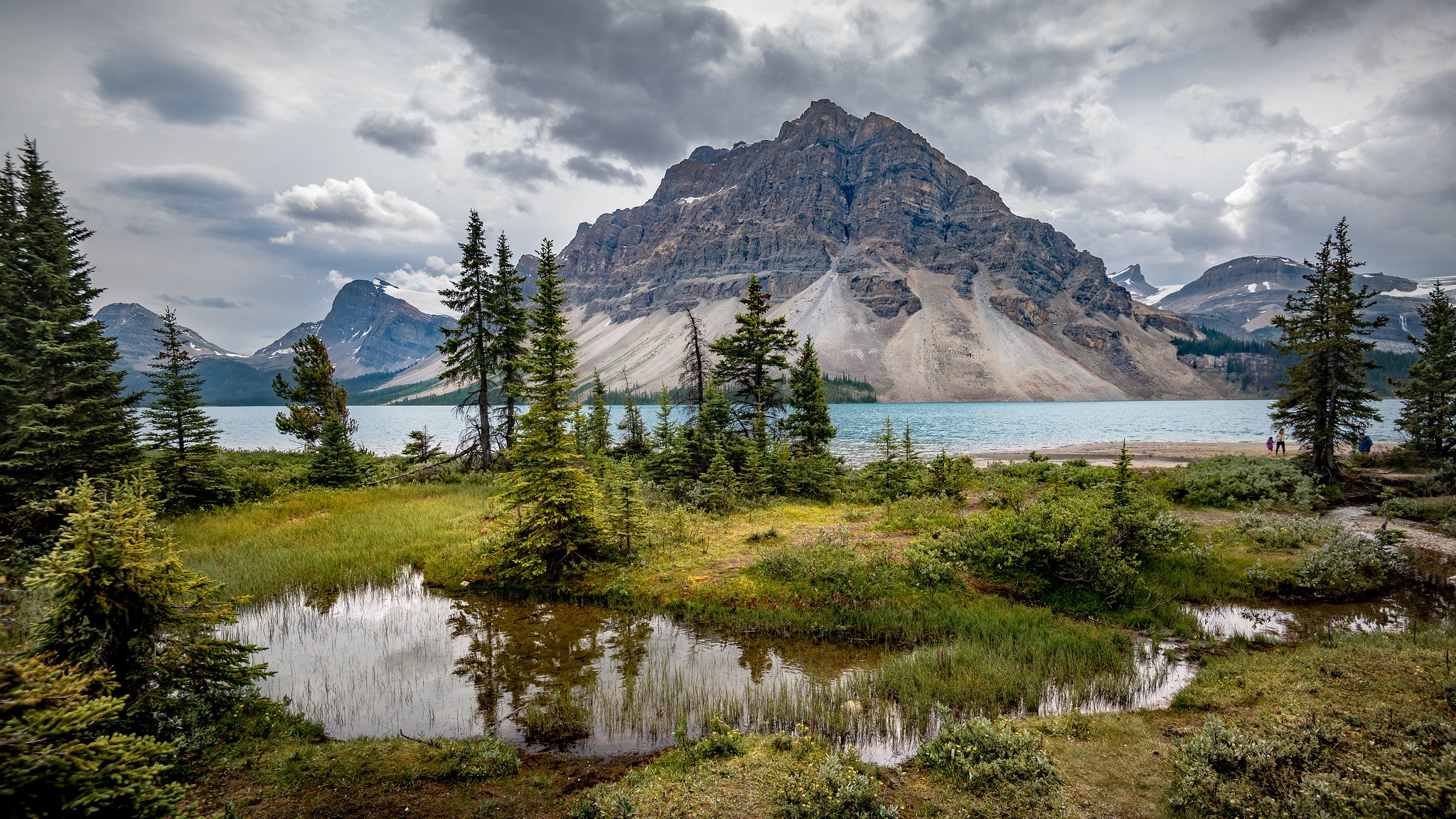Americans Are Breaking Canada’s COVID-19 Border Closure to Go Hiking

'Bernd Thaller'
As Canada slowly lifts its COVID-19 lockdown, travelers who are sick of being at home have begun to trickle steadily into the country’s national parks—but with the Canadian-American border closed until at least July 21, US residents haven’t been among them. Now, Canadian authorities say, some American travelers are abusing a loophole to sneak in for a hike.
Between June 16 and 18, the Royal Canadian Mounted Police cited seven Americans for making non-essential stops in Banff National Park, in violation of guidelines put in place by Alberta Health Services and the Canadian Border Services Agency. Each received a fine of $882. The travelers gained admission to the country by using the so-called ‘Alaska loophole.’
In a CBSA press release, Catherine Black, the agency’s assistant director of western communications, said that “healthy, non-symptomatic foreign nationals, travelling through Canada for non-discretionary purposes, such as to returning home to Alaska, may transit through Canada.” Travelers must go directly to Alaska, minimizing stops and contact with others. If found to be abusing the rule, penalties under the Quarantine Act can be as severe as $550,000 in fines and six months in jail.
“When we encounter a U.S. citizen under the current circumstances, we have a discussion with that individual to understand under what circumstances they are in Canada,” said Cpl. Deanna Fontaine, a spokesperson for the Alberta RCMP. “These were situations where U.S. travelers were not traveling directly and stopping for significant periods of time to hike in the park.”
Six of the seven tickets issued were to travelers who were caught by the RCMP at trailheads near the Lake Louise area, said Fontaine, adding that authorities aren’t targeting American citizens who are doing their best to follow the rules.
“Each case is going to be unique,” she said. “Say you’re only traveling an hour in a full day. That’s not direct. Everything is within reason.”
Americans who are en route to Alaska shouldn’t be in the Banff area anyway, according to a brief from the Banff and Lake Louise Hospitality Association.
“If travelers are ‘in transit’ to Alaska the most direct route is via Highway 2, so it would be unlikely to see a traveller in transit to Alaska pass through the Bow Valley,” reads the brief.
Although Fontaine and the RCMP believe the issue has been put to rest in Alberta, similar violations have since occurred in British Columbia and Ontario. The closure on non-essential travel is set to be lifted on July 21.